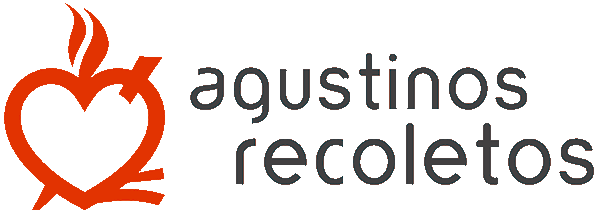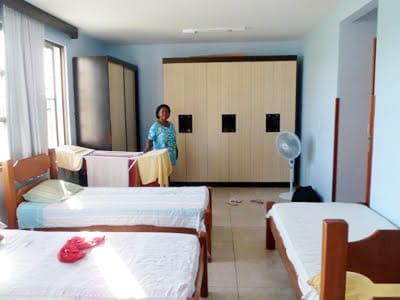Today the Project: St. Monica Home has taken in and looks after 19 girls. There are two groups: one of girls aged 6-12 years and a second aged 13-16 years. Their needs are catered for and they are offered jobs to do, given specialist consultations, and a treatment adapted to their age group.
The main reason for bringing them into the St. Monica Home is that the girls who now live there have suffered some sexual abuse that has been brought to the attention of the authorities. This is not always the case, though. There are other reasons too. A well founded suspicion that they are victims of abuse or exploitation; the situation of being abandoned (street children), of family neglect or of physical violence and being badly treated.
The statistics are horrific. Of the 41 girls, twelve have suffered sexual abuse; ten have suffered family neglect and physical abandonment1; another six cases of well founded suspicions of sexual abuse; five cases show grave family neglect in feeding, looking after the health, care and growth of the children; another four cases show suspicious signs of commercial sexual exploitation (infant prostitution); in three of these cases the sexual exploitation has been totally verified; and finally two were living on their own in the streets.
A highly complex unit.
The St. Monica Home is an Institutional Refuge Centre and considered by the National Social Welfare Council of Brazil as ang “Highly Complex Unit”. The agents at St. Monica’s are working to restore human dignity and citizens’ rights to all the young girls and adolescents and educate their families. It’s an opportunity to remake their lives and dream about a better future.
Most of the little girls who have been at St Monica’s Home are from Fortaleza but there have also been some cases from other townships which make up the Greater Fortaleza. They share the same problematic that the capital of the State of Ceara has.
The attention offered is integral: health wise they all see dentists, gynaecologists , ophthalmologists, psychiatrists , and have psychological analysis and vaccination, their civil rights are met by giving them an identity card, and schooling. The Centre also works with the families.


